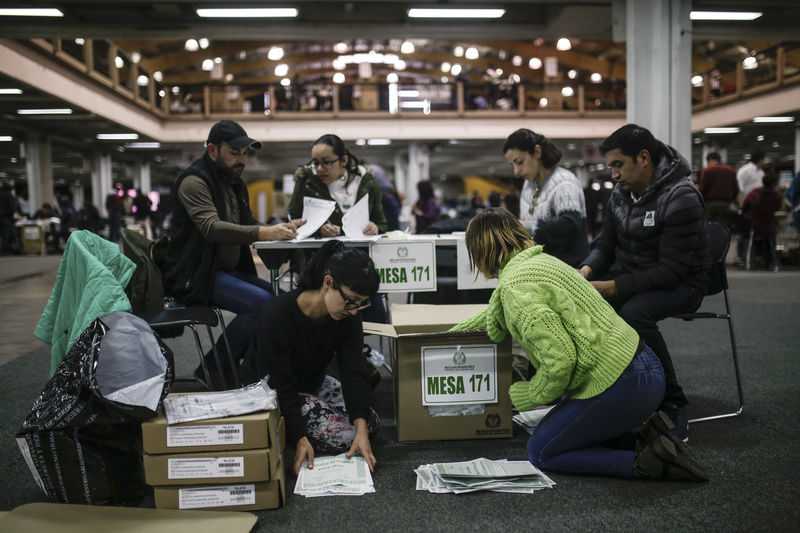Colombia anticorruption referendum fails
28 August, 2018

An anticorruption referendum in Colombia drew millions to the polls Sunday but fell just short of a required participation threshold to push forward measures aimed at improving transparency and stiffening penalties for white-collar criminals.
Nearly 11.7 million Colombians cast ballots overwhelmingly in favor of seven initiatives proposed to stamp out corruption in the upper echelons of power, failing to draw the 12.1 million voters needed to pass the initiatives, according to quick-count results from over 99 percent of polling stations.
Proponents nonetheless hailed the higher-than-expected turnout as a forceful message from citizens: Enact laws now that put an end to special privileges for lawmakers and make public spending more efficient.
“This historic vote, this decisive victory by free citizens, gives a clear and strong mandate to the government and congress,” said Claudia Lopez, a former senator and vice presidential candidate spearheading the referendum.
The referendum included questions like whether to hand down tougher penalties on corrupt officials who now often serve out sentences in multi-million dollar homes; whether term limits should be imposed on lawmakers, and whether the salaries of members of Congress should be reduced by 40 percent.
Colombian law currently sets senators’ salaries at about $124,000 per year, more than what parliamentarians make in countries like Holland, Sweden and France.
Most Colombians agree corruption is a plague that needs to be exterminated, but not everyone agreed that a vote was the best way to do so. The referendum was boycotted by judges over fears it would lead to wage cuts in the judicial branch since a law states salaries for top magistrates should be the same as those of lawmakers.
“We already have lots of anti-corruption laws,” Hermens Lara, a Bogota municipal judge who is director of the Board of Judges and Magistrates of Colombia, said before the vote. “The problem is implementing them.”
Newly elected President Ivan Duque and most of Colombia’s main political parties backed the measure, but did little to promote it or to lure voters to the polls. Some experts questioned whether the changes would do anything to curb corruption elsewhere, such as within the judiciary or police.
TAG(s):
